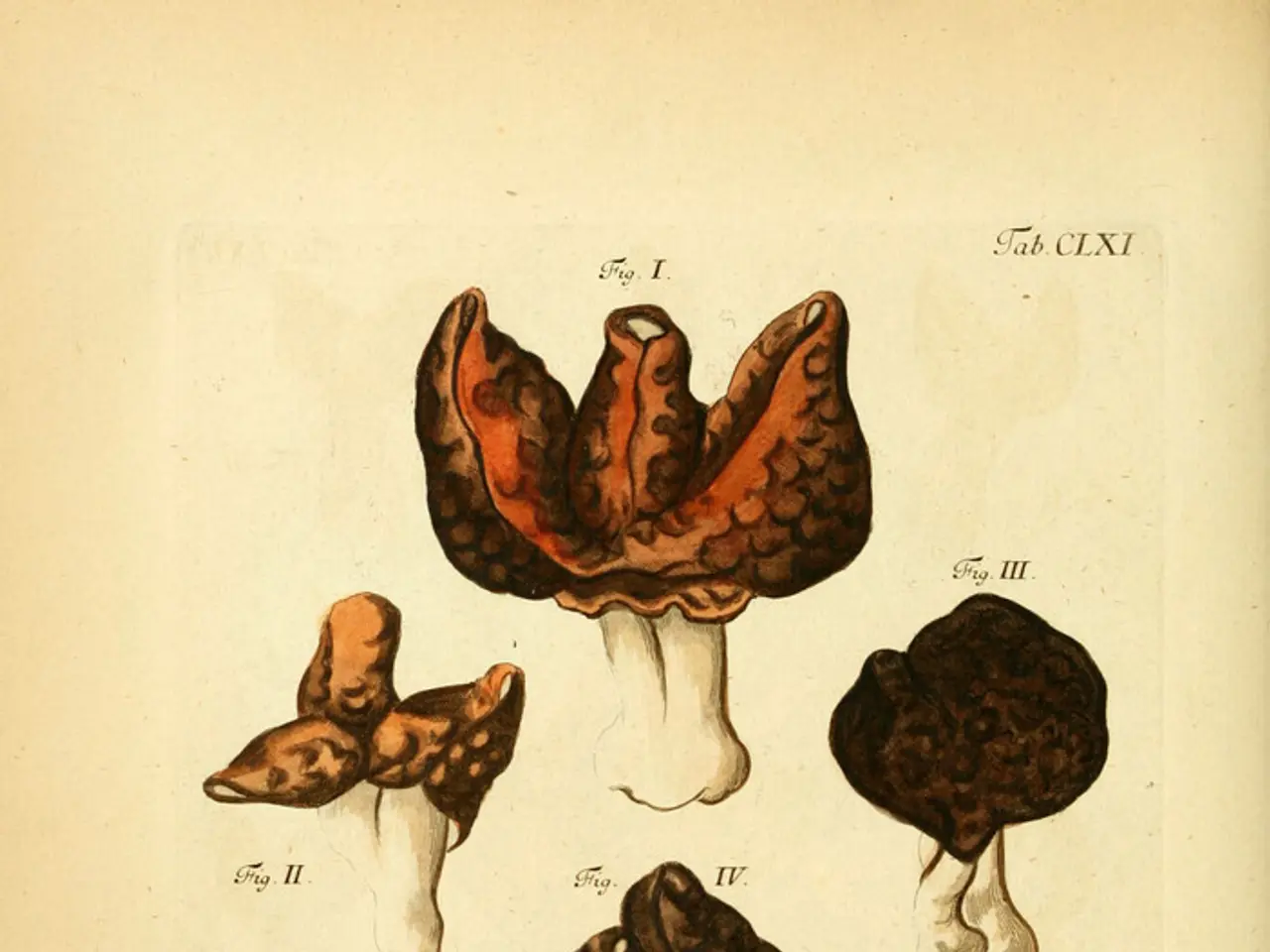Could it be a Urinary Tract Infection, or perhaps another condition?
Painful urination, also known as dysuria, is a common issue that affects many women. Understanding the causes can help in early diagnosis and treatment. Here are some of the most common culprits:
Urinary Tract Infections (UTIs)
The most frequent cause of painful urination is UTIs, particularly infections caused by Escherichia coli bacteria. These bacteria are normally found in the intestines but can infect the urinary tract in women due to their shorter urethra. Symptoms often include burning and frequent urination.
Interstitial Cystitis (IC)
IC, or painful bladder syndrome, is a chronic condition where the bladder lining is inflamed and the nerves around the bladder are overly stimulated, causing pain during urination. It is estimated that nearly one million Americans, predominantly women, have IC.
Irritants and Chemicals
Certain chemicals or products can irritate the vaginal or urethral environment, leading to painful urination. These can include soaps, spermicides, diaphragms, or hygiene products.
Other Urinary Tract Abnormalities
Other conditions such as bladder stones, low estrogen levels (especially post-menopause), or pelvic floor dysfunction can also cause painful urination.
Prevention and Management
Drinking lots of water and cranberry juice can help prevent and manage UTIs. Urinating immediately after sex can also help prevent UTIs. However, holding urine too long while traveling or working can lead to bacterial growth in the urine.
Associated Conditions
IC is associated with fibromyalgia syndrome (FMS) and/or irritable bowel syndrome (IBS).
In summary, UTIs are the most common cause of painful urination, but other conditions like IC and irritants should also be considered when women experience these symptoms. If you are experiencing painful urination, it's important to seek medical advice to determine the cause and appropriate treatment.
[1] Mayo Clinic. (2021). Dysuria. https://www.mayoclinic.org/diseases-conditions/dysuria/symptoms-causes/syc-20378117 [2] National Institute of Diabetes and Digestive and Kidney Diseases. (2021). Interstitial Cystitis. https://www.niddk.nih.gov/health-information/urologic-diseases/interstitial-cystitis [3] American Urological Association. (2021). Interstitial Cystitis. https://www.auanet.org/patient-care/disease/interstitial-cystitis [4] Cleveland Clinic. (2021). Interstitial Cystitis. https://my.clevelandclinic.org/health/diseases/17348-interstitial-cystitis [5] Urology Care Foundation. (2021). Dysuria. https://www.urologyhealth.org/urology-a-z/d/dysuria
- Mental health and women's health are interconnected, as interstitial cystitis, a common cause of painful urination, is associated with conditions like fibromyalgia syndrome.
- Adopting a holistic approach to health-and-wellness may prove beneficial for women dealing with pelvic issues, as sexual-health concerns and mental-health disorders can also contribute to painful urination.
- A diagnosis and treatment plan for women suffering from painful urination must take into account not only urinary tract infections, but also medical-conditions like interstitial cystitis and urinary tract abnormalities, as well as potential contributing factors such as the use of irritants and chemicals.




